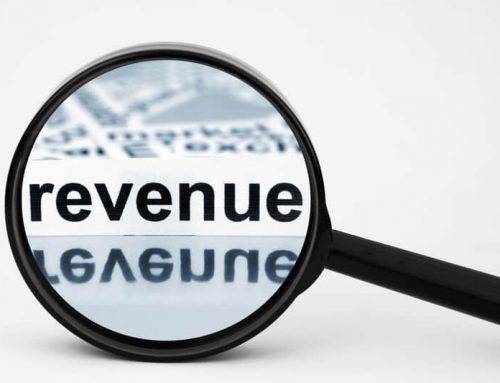 The rapid growth stage of the growth cycle is all about becoming a big business. This is not for the faint of heart. And, most assuredly not for those owners that left corporate America because they didn’t like the formality and structure.
The rapid growth stage of the growth cycle is all about becoming a big business. This is not for the faint of heart. And, most assuredly not for those owners that left corporate America because they didn’t like the formality and structure.
Rapid growth depends on formality and structure. Without it scalability is impossible. With this in mind, what must sales be focused on during rapid growth?
First, you have to make sure that you have completed all the necessary sales objectives from the self-sustainability stage. My post title 4 Key Sales Factors in Achieving the Self-Sustainability Stage will give you a quick overview of these requirements. If you’ve achieved these objectives then you’re ready to” turn the facet on full flow!”
Implementing Market Expansion
Sales first job will be to implement the market expansion plan formulated by the senior leadership team and created by marketing for this phase of company growth. Sales must work closely with marketing in this phase. It will be sales that provides the “real world” feedback marketing needs to verify the assumptions made in formulating the marketing plan. From this input adjustment can be made that will increase sales closure and market expansion.
Communication with Production
Rapid growth is a balancing act! That is, sales cannot over sell the company’s capacity or it creates even bigger problems for the business. The systems put in place in the self-sustainability stage must be used here to understand how much new business the company’s operation can handle and maximize the sales resources in filling that capacity.
How do you do this? Easy, use DE, Inc.’s Tuning Tour Revenue Engine model to keep this number at your fingertips. And monitor current operational capacity on an ongoing basis. My previous post title Maximize Revenue by Selling Your Excess Capacity provides some insight into this area.
Hire, Hire, Hire
If you have excess capacity, then do you have a big enough sales team to sell it all? If not, then you need to hire more sales people!
This is probably the one objective that hangs up most small businesses in sales. If you haven’t been a sales VP in a large company the necessary skills may feel a little foreign to you. This is where a the hire of a sales executive becomes critical. If your team lacks this talent, you may face a real challenge.
Another critical person will be a HR director. There are many administrative actions necessary in the hiring process. You need a seasoned HR professional to manage this aspect of your company or outsource it to an organization like a PEO (professional employer organization).
So there you have it. Are you ready to deal with the rapid growth stage set of sales challenges? Get your ducks in order and work it.
Or as I said earlier, maybe rapid growth is not really something for you. If not, you may want to begin developing an exit strategy more in tune with your desired outcome. If you’re not sure what to do here contact me. I look forward to providing you with assistance.






Sounds like you want to take the typical corporate approach with a small twist; it does work but won’t maximize sustainable growth over time. Sales does not need to stay close to marketing because they should work for sales. Sales CEO’s have and always will rule. I stand for a very different and proven methodology.
Jimmy,
Thanks for taking the time to comment and I do agree with much of what you’ve stated here. Sales will always be at the forefront of any growth strategy. But from a business owner’s perspective, in the truest sense of the word, their focus must be on the totality of the growth of the business. If all aspects are not managed in a coordinated fashion, then some resource will get out of sync with the rest of the business which nearly always ends in disaster.
Even as a sales guru, you have to admit that if you sell more than you can deliver you’re dead! And, as a sale organization if you don’t have enough leads to follow-up on, you’ve got sales people that are prospecting more than they are closing, which is also a bad scenario. My point is “balancing the revenue engine” is what is necessary to assure that the business is firing on all cylinders!
Thanks again for taking the time to comment and sharing your thought. I hope my explanation has helped to clarify my position here.
– Dino Eliadis